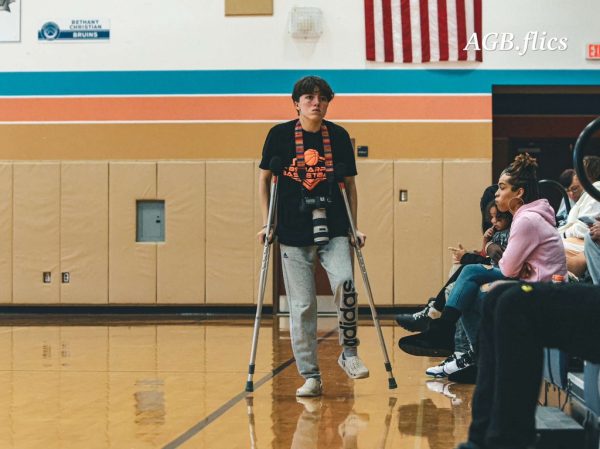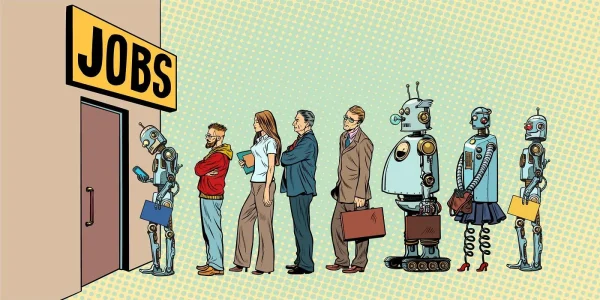What’s the Deal with Gap Years?
February 10, 2023
As I was learning about free will, in my IB Philosophy class, I began to doubt my autonomy. I asked questions like, “will I ever travel the world?” and “can I just leave right now?” Realistically, I knew the answer was no. I am too bound to my high school life, my parents, and all my friends in South Bend. However, I knew that a significant moment in my life was creeping up: graduation. After graduation, I would be an adult with a high school diploma, voting rights, and the ability to buy a lottery ticket. After working incredibly hard to receive my IB Diploma and leading tons of clubs and extracurriculars, it only felt reasonable that college would be my next option. But after my first college rejection, I began to question if college was even the next step for me. Without a clear vision of my future, convoluted with conflicting interests of history, journalism, environmental sciences, policy making, international affairs, and criminology, I knew I was not even close to making a decision. That’s when I realized that a gap year was an option.
I was lucky enough to have parents who told me that they would support me no matter what, and I am also lucky enough to be provided with partial financial support from them in my future endeavors. But, when I talked to peers and other adults, they often brushed the idea of a gap year off, saying it was a time for kids to make excuses, become unmotivated, and live sedentary lifestyles. This prompted me to ask the question, is a gap year a time for young adults to find themselves, or a risky endeavor leading to failure? Considering that only 3% of high school graduates take a gap year before college, many assume the latter.
Gap years do offer unique experiences, especially in a truly special period of life without being bound to work, school, or family. Potentially, teenagers can experience different cultures, immersing themselves in new languages, foods, music, and more. The most common use of a gap year is to travel, but this can get very expensive. Without obtaining a full-time job, travel can be nearly impossible. Not to mention, gap year excursion programs can cost thousands of dollars, especially to live in student housing. Additionally, unlike study abroad programs, gap years immediately immerse you into not only an independent lifestyle, but also the culture shock of a new environment. But, undoubtedly, if you love to travel like me, these experiences can be extremely rewarding and valuable.
Additionally, similar to higher education, there are tons of programs that are willing to provide the funding for a gap year. Many organizations encourage students to take gap years in the hopes that they will make positive impacts worldwide through service projects. Although these programs seem harmless, it is important to make distinctions between colonial-appearing services and true assistance programs.
It is a common misconception that taking a gap year will be a disadvantage for your resume. In fact, many colleges and employers value the experiences that come with a gap year. It can be an opportunity to mature and develop new skills, as long as you stay ambitious and focused. These encounters can help you with personal essay writing, finding yourself, and obtaining new knowledge, all of which are extremely valuable in the college application process.
According to a study by the American Gap Association, studying the alumni of the program, 98% said their year had helped them develop as a person, 96% found it increased their self-confidence, and 93% agreed that it had increased their communications skills.
Despite these advantages, it is also important to acknowledge the benefit of taking some time off. Personally, I feel like I have already gone through the rigorous college-like experience, and taking a gap year could be an opportunity to re-center my life, truly finding the balance between work, school, and social life.













